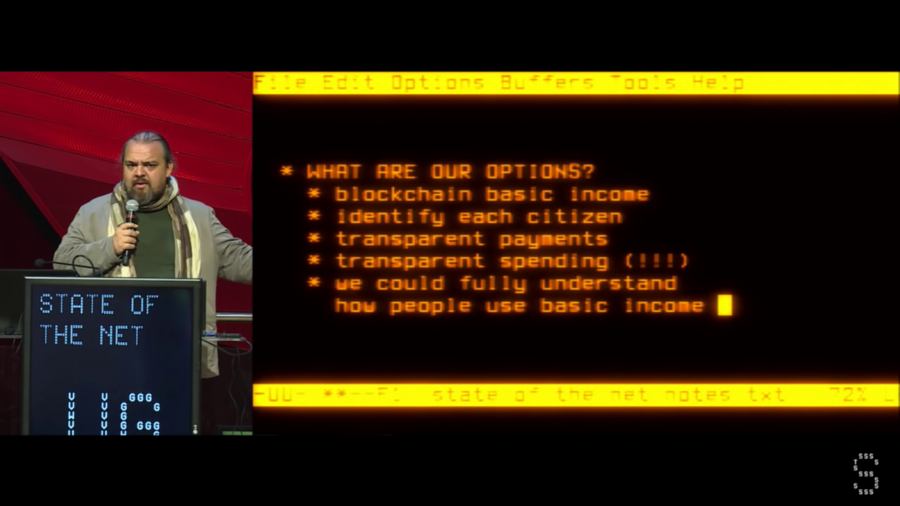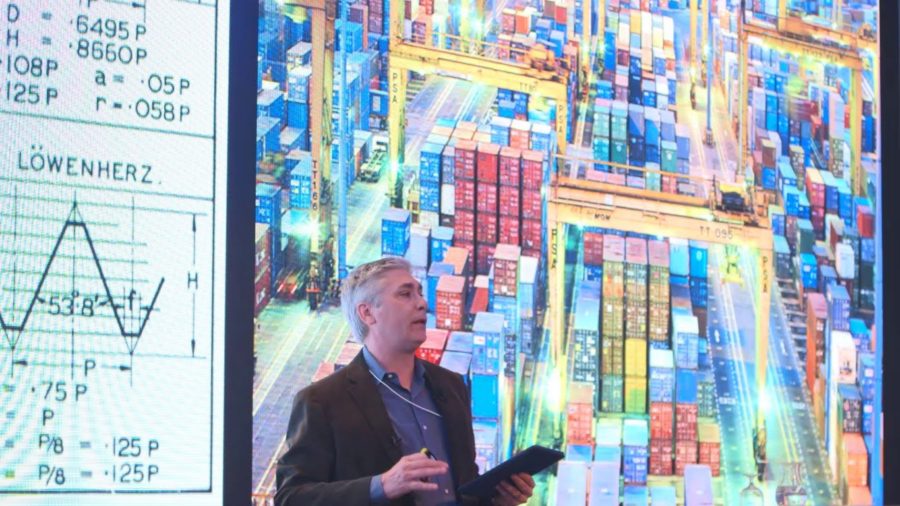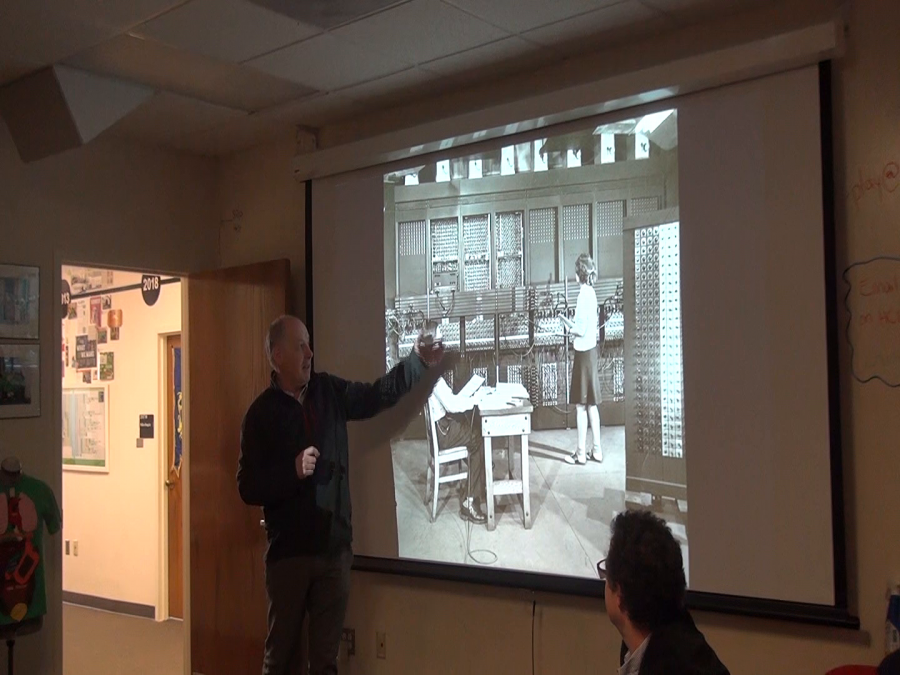As I’ve been getting ready to actually return back to Silicon Valley after two years I’ve got this feeling in my gut that something is terribly wrong if Europe adopts Silicon Valley’s metaphor for success.
Archive (Page 2 of 2)

Everybody thinks of bureaucrats as being kind of a neutral force. But I’m going to make the case that bureaucrats are in fact a very strongly negative force, and that automating the bureaucratic functions inside of our society is necessary for further human progress.
Conversation has been consistently a model in my head of being human. For quite a while I’ve spoken about how we’re not taught at any time in our life how to ask a question, and how to talk on the phone. And most people think they know how to ask a question, and they know how to talk on the phone. And yet I found that 98% of questions are either bad questions or speeches. And most phone calls are terrible.
I see a set of constraints facing us in the future, and they’re all going to be very expensive. First is funding retirements for the Baby Boom generation. Second is continuing increases in the costs of healthcare. The third is replacing decaying infrastructure. The fourth is adapting to climate change and repairing environmental damage. The fifth is developing new sources of energy. The sixth is what I see as in all likelihood continuing high military costs. The seventh is the costs of innovation.

One of the ways that industrial revolutions are interesting to think about is that they look differently depending on how and where you see them from. They look different whether you see them from Europe or Asia or Africa. But regardless of time or place, economists and historians generally tend to look at industrial revolutions through the lens of innovation. And in my short talk today I want to encourage a different way of thinking about this.

You all have, undoubtedly, friends in New York and San Francisco and Berlin and Tokyo and Australia or whatever, all of whom you have much more in common with than you do with your neighbor. You’ve created diasporas of interest. The death of distance has created many different new forms of country. Countries which aren’t based on how far it is from us to those guys over there, but new countries based on what you’re interested in.



